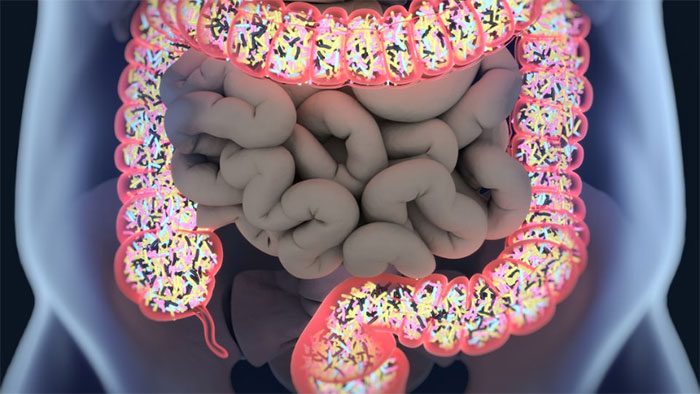Renowned Indian nutritionist Lovneet Batra shares insights on how to support gut bacteria for better health.
Besides aiding in food digestion, the intestines also help regulate hormones, absorb water, vitamins, and electrolytes. Therefore, protecting gut health is crucial. To achieve this, it is essential to understand the role of gut bacteria. While we often perceive bacteria as harmful, the beneficial bacteria in our intestines are entirely different.
Countless types of bacteria inhabit your body. Together with viruses and fungi, they form the microbiome. The gut microbiome includes the microbial communities found along our digestive tract. Within this microbiome, there are indeed some harmful types, but there are also beneficial bacteria that support the body. Thus, it is vital to maintain a balance between these two types of bacteria.
Gut bacteria aid in the digestion of fiber and can also impact your immune system, cardiovascular health, brain health, blood sugar levels, and weight.

The gut microbiome includes the microbial communities found along our digestive tract.
Recently, nutrition expert Lovneet Batra shared on NDTV several ways to support gut bacteria for better health.
1. Choose Fiber-Rich Foods
Expert Lovneet Batra states: “Fiber promotes the growth of beneficial gut bacteria, including specific types such as Bifidobacterium.”
Many fruits, vegetables, and legumes are rich in fiber. They help you feel full longer and can also promote regular bowel movements.
Note that eating whole fruits and vegetables tends to provide you with more fiber than drinking their juice. Radishes, arugula, fennel, leafy greens, and broccoli are some fiber-rich vegetables you can add to your diet.
2. Include Fermented Foods
Nutritionist Lovneet Batra explains: “Fermented foods are those produced or transformed with the help of microorganisms, such as bacteria and yeast. Fermented foods act as a natural probiotic supplement, providing beneficial bacteria to the gut when consumed.”
You can eat yogurt, kefir, and kombucha to enhance gut bacteria.
3. Add Prebiotic Foods to Your Diet
The expert elaborates: “Prebiotics are substances that promote the growth of beneficial bacteria in the gut. They are also believed to support skin health, weight loss, and immunity. Prebiotics are found in foods such as apples, artichokes, bananas, barley, oats, chia seeds, flaxseeds, garlic, onions, vegetables, legumes, and beans.”
4. Maintain a Diverse Diet
Eating a diverse diet can help create a varied gut microbiome, which is beneficial for overall health. As previously mentioned, a diverse microbiome is considered crucial for gut health and may offer disease prevention benefits.
5. Avoid Processed Foods and Excess Sugar
Refined sugar can disrupt the gut microbiome. A diet high in processed foods and added sugars can reduce the number of good bacteria in your gut and foster the growth of harmful bacteria.
Moreover, this diet can lead to issues such as acid reflux and bloating. It can also damage the lining of your digestive tract.
In addition to diet, the nutrition expert recommends “exercising, getting enough sleep, and managing stress” as they can all positively impact your gut bacteria.


















































